When you agree to rent a residential property (single-family home, duplex, apartment, condominium, etc.), you enter into a contract (a residential tenancy agreement). This agreement is best put in writing so all parties have a record. Rental properties are often handled by the owner itself, or a property manager.
What is a Property Manager?
A property manager, whether an individual or a firm, serves as an intermediary between property owners and tenants. Typically compensated through a fixed fee or a percentage of the rent collected, they are entrusted with overseeing daily operations, maintaining the property’s value, and ensuring consistent revenue generation. Commonly, property managers oversee residential complexes such as apartments or condominiums, single-family homes, retail centers, office structures, and commercial spaces. Those within a property management firm may possess specialized training and qualifications. Key responsibilities of a property manager encompass property upkeep, safety assurance, and safeguarding the owner’s financial interests, which may, on occasion, necessitate on-site visits. This occasionally requires the property manager to enter a property.
What are the General Expectations of a Lease Agreement for a Residential Property?
- Tenants are responsible for:
- paying rent on time
- being considerate of the landlord/other tenants
- not endangering themselves or other tenants
- not performing illegal acts on the rental premises
- not conducting illegal business on the rental property
- keeping the rental premises clean
- preventing damage to the rental property
- moving out when the agreement ends
- following the rules of the residential tenancy agreement
- Property management is responsible for:
- making the rental property available on the date the residential tenancy agreement takes effect
- giving the tenant written notice within seven days of the tenant moving in and/or posting the notice in a visible place
- not disturbing the tenant’s enjoyment of the rental premises, not bothering the tenant beyond what is necessary
- ensuring the rental premises are habitable (in the beginning and throughout tenancy). Habitable means the rental property meets the Standards under the Housing Regulation and the Public Health Act.
Can a Property Manager Enter Your Home Without Permission?
This is a commonly asked question and one that elicits some concern. The answer is multifaceted as there are times when permission is required and times when it is not.
- With permission: In Alberta, a property manager may enter a rental property with written or verbal consent from the renter. Notice of entry can be personally delivered to the renter, sent by mail, left with an adult at the property, or delivered via email to the address provided by the renter. The notice must detail the reason for entry and the intended time and date. Entry may take place between 8 AM and 8 PM, and must not occur on a holiday and/or a day of religious worship. If proper notice has not been received and approved, the renter may deny entry to the property manager.
- Without permission but with notice: In Alberta, a property manager may sometimes enter a rental property without permission if written notice has been given 24 hours (or more) before entry. The manager may enter to do repairs, inspect the premises, take measures to control pests, and/or show the property to potential purchasers/renters (if the tenant has given notice or the fixed tenancy is in its final month).
- Without permission and no notice: In Alberta, a property manager may enter a rental property without permission and without notice when there is an emergency/crisis (fire, flooding, sewage back-up, furnace malfunction, life-threatening situations) that may affect public safety and/or cause damage to the property. The property manager may renew, replace, and/or restore anything that may stop/solve the emergency. The property manager may also enter if they believe the tenant has abandoned the property.
- Extreme cases: If a property manager has evidence (carefully collected and preserved) of a violation of their rules/bylaws that is likely to cause damage to the property, they may enter the rental property to stop the threat. A letter must be sent to the renter outlining the allegations and evidence and asking for compliance. If the renter does not comply, it’s recommended that the manager/owner consult with a lawyer before entry. They must serve written notice (24 hours before entry) and provide the reasons entry is being made.
Can You Deny a Property Manager Entry to Your Home?
The short answer is yes. If you do not receive proper notice of intent to enter, details of the purpose of entry, and the intended time/date of entry, you may refuse entrance to your property manager. This is true except in the case of an emergency/crisis (fire, flooding, sewage back-up, furnace malfunction, life-threatening situations) that may affect public safety and/or cause damage to the property. In the case of an emergency/crisis, your property manager may enter without notice and may renew, replace, and/or restore anything that may stop/solve the emergency. You cannot deny entry in this situation(s). A property manager may also enter without notice if you are in violation of their rules/bylaws and are likely to cause damage to the property.
Tips for Getting Along with Your Property Manager:
It’s in the best interest of all (yourself, neighbours, the property manager, owners of the property) for tenants to maintain a positive relationship with the property manager. The following are tips for establishing a good relationship with your property manager.
- Pay rent on time.
- Understand and fulfill your responsibilities regarding property upkeep.
- Know the responsibilities of the property manager.
- Respect the property and the neighbours.
- Endeavour to establish clear and timely communication with your property manager regarding questions and/or concerns.
- Maintain an open line of dialogue to ensure mutual understanding.
- Promptly report maintenance issues and safety concerns.
- Get to know the property manager personally.
- Ensure you’ve thoroughly reviewed your rental/tenant agreement
- Thank your property manager for their attention to your questions/concerns.
Your home is your sanctuary, your escape from the pressures of the outside world. However, renters have certain restrictions on their freedom. As a renter, be aware of your rights. Become aware of the contents of The Residential Tenancies Act.
Looking for the services of a property manager? GIL Property Management is a residential real estate brokerage with a reputation for trustworthiness. We ensure the success of your rental property(s) by being mindful of all details. With two levels of service packages on offer, we allow you to decide how much support/service you desire/require, ensuring we meet your unique needs. GIL provides outstanding service! Contact us today!


